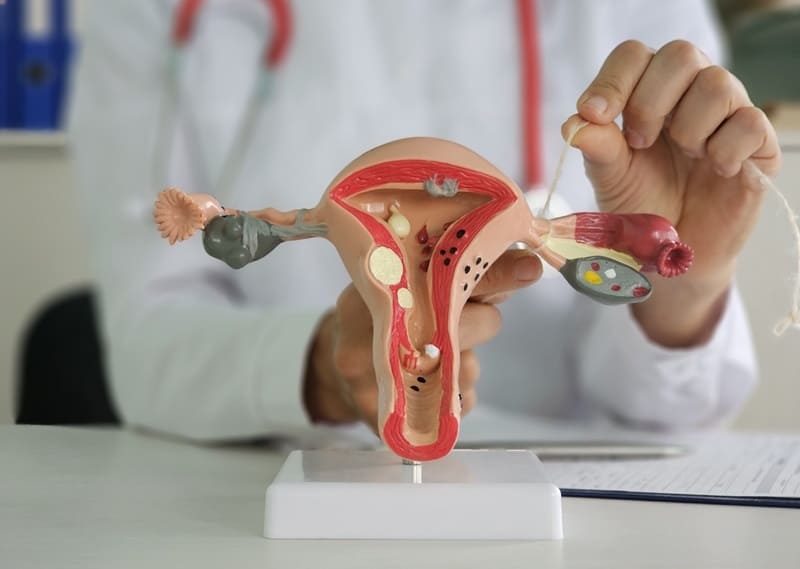Gynecology and Obstetrics en Belize
-
-
+5016341199
-
GR26+M42, Belize City, Belize
Polycystic Ovary Syndrome (PCOS) is a common hormonal disorder affecting people of reproductive age. It is characterized by a combination of symptoms, including irregular menstrual cycles, excess androgen levels, and polycystic ovaries. Understanding Polycystic Ovary Syndrome (PCOS) is crucial for effective management and treatment. This article explores the study and treatment options available for individuals diagnosed with PCOS.

Polycystic Ovary Syndrome (PCOS) presents a variety of symptoms that can vary from person to person. Common symptoms include:
1. Irregular Menstrual Cycles: Many individuals with PCOS experience infrequent or prolonged menstrual periods, leading to challenges in ovulation.
2. Excess Androgen Levels: Higher levels of male hormones can result in physical symptoms such as acne, excess facial or body hair (hirsutism), and male-pattern baldness.
3. Polycystic Ovaries: Ultrasound imaging may reveal enlarged ovaries with multiple small cysts, which is a hallmark sign of Polycystic Ovary Syndrome (PCOS).
4. Weight Gain: Many individuals with PCOS struggle with weight management, which can exacerbate other symptoms.
Diagnosing Polycystic Ovary Syndrome (PCOS) involves a comprehensive evaluation, including a detailed medical history, physical examination, and various tests. Healthcare providers may:
- Perform blood tests to assess hormone levels, including androgen and insulin levels.
- Conduct ultrasound imaging to check for the presence of polycystic ovaries.
- Evaluate symptoms and menstrual history to determine if the criteria for PCOS are met. Proper diagnosis is essential to differentiate PCOS from other conditions with similar symptoms.
What is Polycystic Ovary Syndrome (PCOS)?
Polycystic Ovary Syndrome (PCOS) is a hormonal disorder characterized by irregular menstrual cycles, excess androgen levels, and polycystic ovaries.
What are the common symptoms of PCOS?
Common symptoms include irregular periods, excess hair growth, acne, and weight gain.
How is PCOS diagnosed?
PCOS is diagnosed through a combination of medical history, physical examination, blood tests, and ultrasound imaging.
What are the treatment options for PCOS?
Treatment options include lifestyle changes, medications to regulate hormones, and fertility treatments if necessary.
Can PCOS affect fertility?
Yes, Polycystic Ovary Syndrome (PCOS) can lead to difficulties with ovulation, impacting fertility. However, many individuals with PCOS can conceive with appropriate treatment.
Polycystic Ovary Syndrome (PCOS) is a complex condition that requires a multidisciplinary approach for effective management. Understanding its symptoms, diagnosis, and treatment options is vital for those affected. If you suspect you have PCOS or are seeking specialized care, Dr. María Susana Aguero in Belize is here to help. With her expertise in the study and treatment of Polycystic Ovary Syndrome (PCOS), she can provide personalized guidance and support to help you manage your condition effectively.
